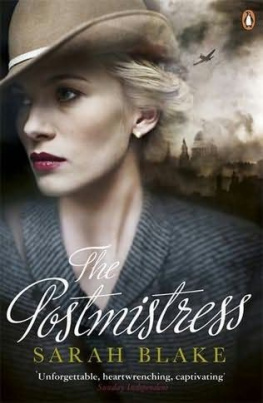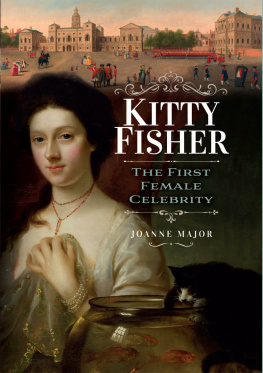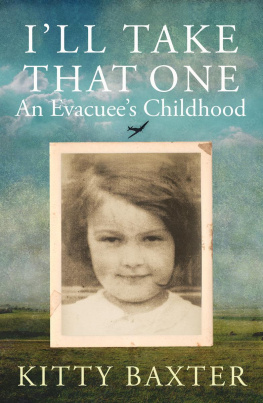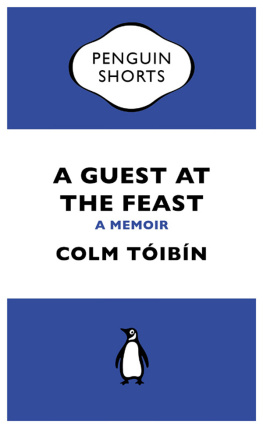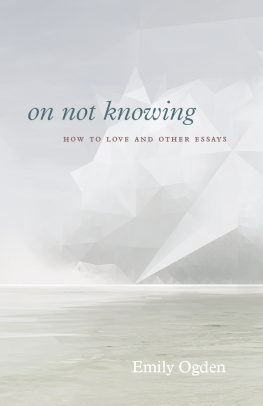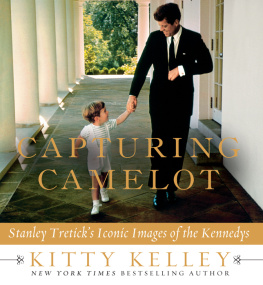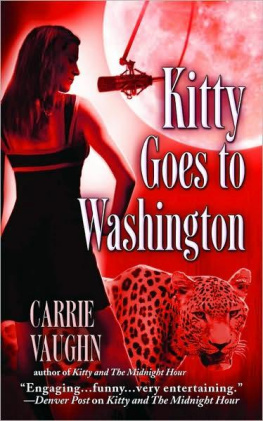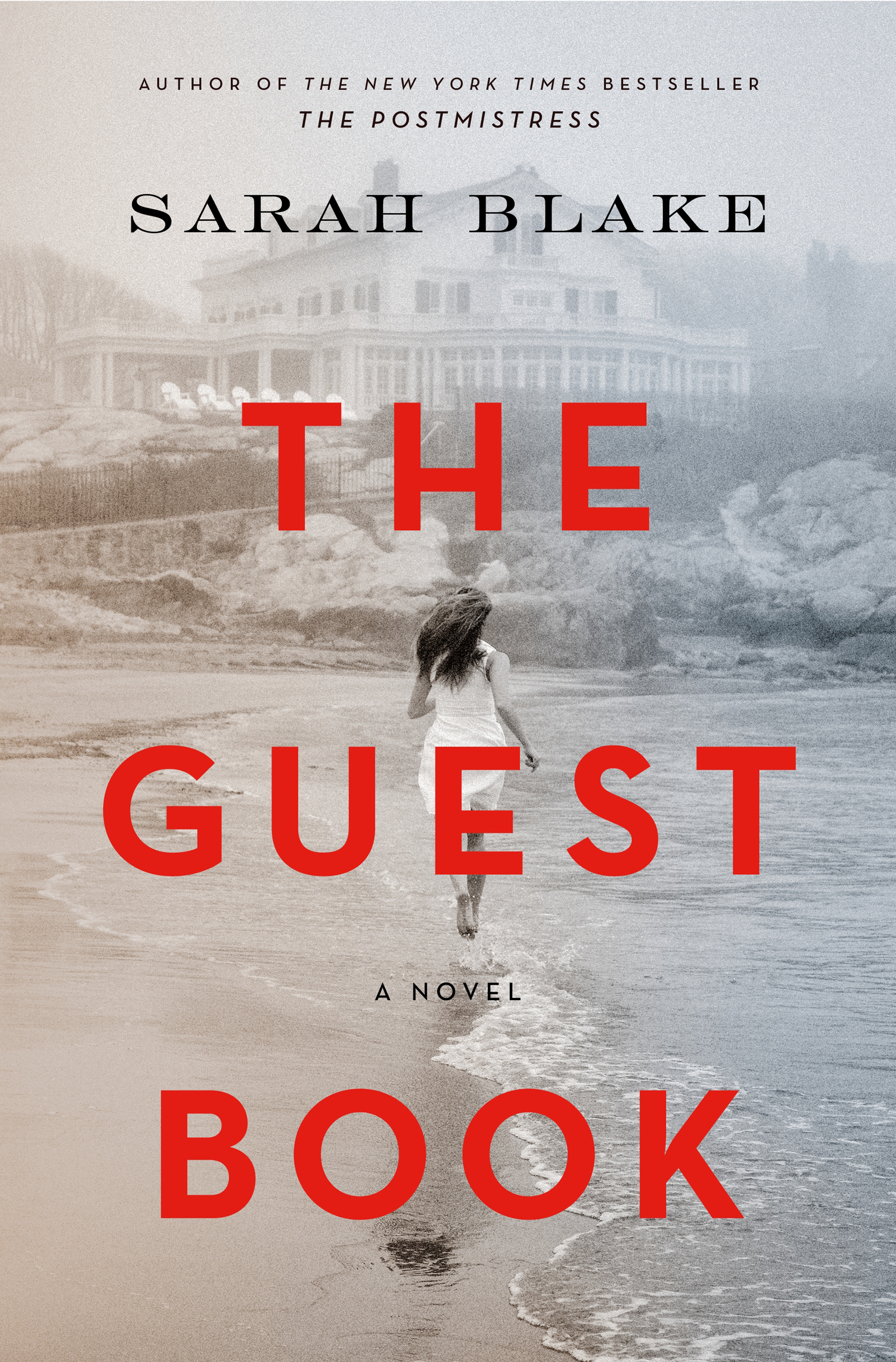Contents
Guide
Pagebreaks of the print version
The author and publisher have provided this e-book to you for your personal use only. You may not make this e-book publicly available in any way. Copyright infringement is against the law. If you believe the copy of this e-book you are reading infringes on the authors copyright, please notify the publisher at: us.macmillanusa.com/piracy.
For Eli and Gus
And in memory of my brother,
T. Whitney Blake, 19622017
People are trapped in history and history is trapped in them.
JAMES BALDWIN
Surely it was time someone invented a new plot.
VIRGINIA WOOLF
I TS THE USUAL STORY, the man at the tiller reflected, regarding the beautiful derelict on the hill. At the end of old money there is real estate.
There were three of them in the boat that Saturday in June. They had set out from Rockland, Maine, on a days sail into the bay, and tacking into a cove of one of the many granite islands eight or nine miles offshore had come face-to-face with the great white house before them, some sea captains pride, sitting squarely on top of a long lawn leading down to a boathouse and dock.
The house needed paint. The lawn needed cutting. The boathouse roofline sagged and the shingles slipped. Empty of boats, the dock in front of them had been patched and patched again.
It was magnificent.
Im waiting for it to go up for sale, the host of the weekend went on. Low-hanging fruit.
Whose is it? the man sitting beside him asked.
One of those families who used to run the world. The host stretched his legs, pressing his bare feet against the boats hull. WASPs.
WASPs? The other chuckled. Do they even exist anymore except in their own heads?
The host smiled. He had just made a fortune in health care.
What happened? the man beside him asked.
The usual, Id suspect. Drinking, apathy, dullards in the gene pool.
Whats their name?
Dont know. He jimmied the boom. Milton? The Miltons?
Milton? The third man, the man in the bow, who had been staring up at the house all this while, turned around. As in Milton Higginson, the bankers?
Sounds right, answered the host, pulling the mainsail in so the wind caught, sending them on an angle out of the cove and back into the channel, running with the wind along the coastline of the island. The sailors fell into a companionable silence, punctuated by the hosts Ready about and Hard to lee, calling them to shift their weight from one side of the Herreshoff to the other, leaving room for the boom to sail unchecked over their heads.
Its one of those tragic families, he said as they reached the end of the islands granite spine. They say somebody drowned there.
Where?
Just there, off those rocks. He pointed to a mound of white granite boulders humped high above the waterline, backed by a ridge of spruce rising into the sky.
There was nothing to see.
Ready about, the man at the tiller said. And they tacked away.
T HE FALL HAD TURNED to winter and then back again without conviction, Novembers chill taken up and dropped like a woman never wearing the right coat until finally December laughed and took hold. Then the ice on the black pathways through the park fixed an unreflecting gaze upward month after month, the cold unwavering through what should have been spring, so that even in April, in the Bowery in New York City, the braziers still glowed on street corners, and a man trying to warm his hands could watch the firelight picked up and carried in the windows above his head and imagine the glow traveling all the way along the avenues, square by square above the streets, all the way uptown and into the warm apartments of those who, pausing on the threshold to turn off the light, left their rooms and descended in woolens and furs, grumbling about the coldgood god, when will it end?until it turned without fanfare one morning in May, and spring let loose at last. All over the city, children were released from their winter coats and out into the greening arms of Central Park. So here we all are again, thought Kitty Milton, stepping into the taxicab on the way to meet her mother at the Philharmonic.
It was 1935.
She wore a soft cloche hat that belled below her ears, casting her eyes into shadow and making more pronounced the soft white of her chin tipped forward a little upon her long neck. Her coat swung easily around her knees, her upright figure swathed in a foamy green silk dress, the woolen coat just a shade darker.
The taxi pulled away from the curb toward Central Park, and through the window spring unfurled above her head in the elm trees, and down along the walkways the forsythia shouted its yellow news. She leaned her head upon the leather.
Life is wide, girls, Miss Scrivener had bid them all, years ago. Cross it with your arms open. And standing before the schoolgirls ranged in rows, all six feet of heran old maid, her fianc killed in the Great Wartheir teacher had thrown out her arms.
And Kitty hadnt known whether to laugh or cry.
Well, wide it was, Kitty thought now, spring begun and nothing ahead but possibility. Ogden would be home soon from abroad; the ground had been broken on their house in Oyster Bay. She was thirty. It was 35. Neddy was five, Moss was three, and baby Joan had just turned one. Her head filled with the delicious math of lifethe word flushed up onto her cheeks and into her eyes, broadening into a smile as the taxi moved up Fifth Avenue.
She caught the drivers eye in the mirror and knew she ought to turn her head away so he didnt see her, smiling like an idiot, but she held his gaze instead. He winked. She smiled back and slid down on the seat, closing her eyes as the taxi plunged into the tunnel moving east to west, underneath the playgrounds in the park where her children were playing with a concentrated fury against the end of the morning, the arrival of lunchtime, crawling around the great bronze statue of a beloved Scottish poet, perching like little sparrows on the giant knee, climbing (if they were lucky, if their nurse wasnt watching) all the way up to his massive sloping shoulder.
But the Milton boys were not lucky that way; the Milton boys nurse told them to get down, right now, get down immediately and come here.
Moss, the younger, who did not like when grown-ups looked at him with that distant, frowning attention that signaled more attention coming after, coming closer, slid off the statue, too quickly, and landed on one bare knee. Ow, he mouthed, and lowered his cheek to the hot, scuffed skin. Ouch.
But his brother had paid no attention to Nurse below him, their baby sister, Joan, on her big hip; Neddy kept climbing, creeping to the top of the statues head, and waswhat was he doing?
Edward. Nurse moved quickly forward. Edward! Get down. This instant.
The boy was going to fall.
He had planted both feet, one on either side of the great head, the shaggy bronze hair covering the two ears, a foot on either shoulder, and was carefully, slowly, pushing himself up to stand, aloft.
The boy was going to break his neck.
Edward, Nurse said, very quietly now.
The other children stopped their crawling, frozen where they were on the statue, watching the boy above them who had climbed so high. Now he was the only thing moving upon the bronze.


